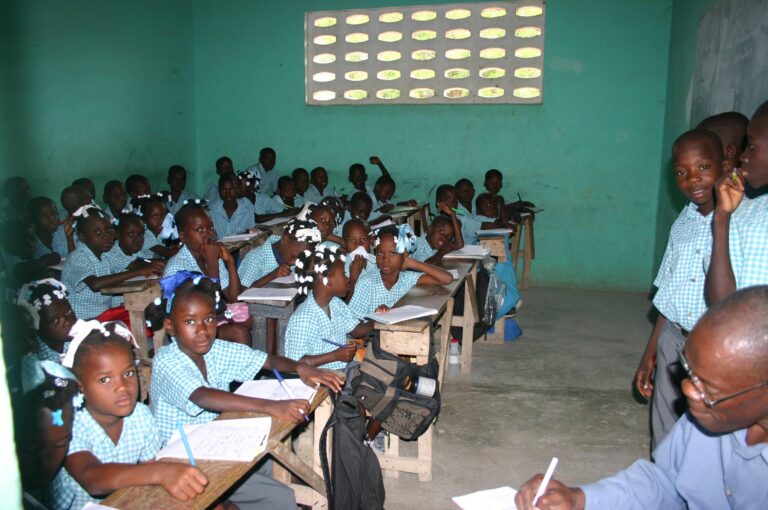Education in Haiti: A Vital Component for Stability
In Haiti, education has long been seen as a key driver for national development and stability. This small Caribbean nation faces enormous challenges, including poverty, political instability, and natural disasters. With limited resources, the education system struggles to meet the needs of the country’s youth. However, numerous organizations are stepping in to help alleviate these issues and create sustainable change.
The Current State of Education in Haiti
Haiti has one of the lowest literacy rates in the Western Hemisphere, with only about half of the population being able to read and write. This crisis is exacerbated by inadequate infrastructure, lack of trained educators, and insufficient educational materials. The government’s efforts to improve the situation are often hindered by political and economic instability. As a result, many children are left without access to basic education.
International Organizations Making a Difference
Numerous international organizations have recognized the importance of education in Haiti and are actively working to improve the situation. Organizations such as UNICEF and the World Bank are investing in educational programs aimed at increasing literacy rates and improving school infrastructure. Their efforts include training teachers, providing supplies, and creating community-based programs. These initiatives not only aim to educate the youth but also empower communities towards self-sufficiency.
Local NGOs and Community Initiatives
In addition to international support, local NGOs play a crucial role in advancing education in Haiti. Organizations like the Borgen Project focus on grassroots efforts to improve educational access and quality. Through partnerships with local communities, they implement programs tailored to the specific needs of the population. This local engagement fosters a sense of ownership and responsibility among Haitians.
The Role of Education in National Stability
Education is not just about learning; it is a powerful tool for socio-economic development and national stability. A well-educated population can lead to better job opportunities, reduced poverty, and increased civic engagement. As more children receive an education, Haiti has the potential to break the cycle of poverty and become a more stable nation. Education, therefore, is crucial for fostering resilience against future challenges.
Conclusion: A Collective Effort for a Sustainable Future
addressing education in Haiti requires a collaborative effort from both local and international players. While significant challenges remain, the dedication of various organizations gives hope for a brighter future. By investing in education, Haiti can pave the way towards stability and prosperity. For more information on the ongoing efforts and the current state of education in Haiti, visit Borgen Project.

